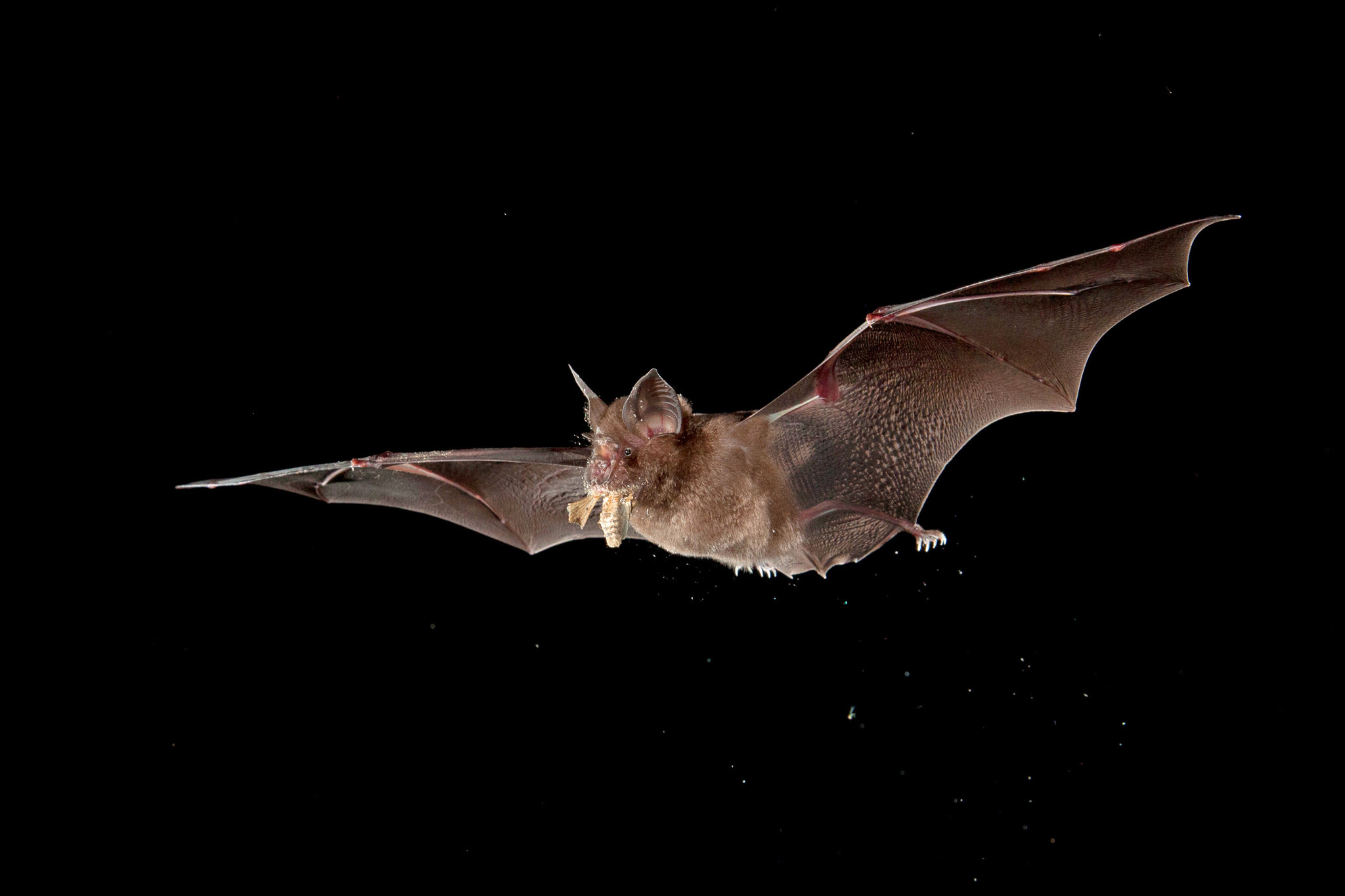Researchers from the University of Saskatchewan, Canada, have revealed how bats can carry a strain of coronavirus that causes Middle East respiratory syndrome (MERS) without getting sick.
Their findings could highlight how coronaviruses can be transmitted from animals to humans.
Many researchers believe that coronaviruses such as Severe Acute Respiratory Syndrome (SARS), MERS, and now the most recent SARS-CoV-2 (COVID-19) have been originated in bats.
These viruses can cause serious disease in people; however, bats seem unharmed for reasons that are not fully understood.
Virologist and microbiologist Dr. Vikram Misra of the University of Saskatchewan said, “The bats don’t get rid of the virus and yet don’t get sick. We wanted to understand why the MERS virus doesn’t shut down the bat immune responses as it does in humans.”
The team published their findings in Scientific Reports. They demonstrated that “cells from an insect-eating brown bat can be persistently infected with MERS for months.
Dr. Misra, who is the corresponding author of the paper, said, “Instead of killing bat cells as the virus does with human cells, the MERS coronavirus enters a long-term relationship with the host, maintained by the bat’s unique ‘super’ immune system. SARS-CoV-2 is thought to operate in the same way.”
He explained that his team’s work suggests that stresses on bats could have a role in coronavirus spilling over to other animal species.
“When a bat experiences stress to their immune system, it disrupts this immune system-virus balance and allows the virus to multiply,” Dr. Misra said.
Study’s co-lead author Prof. Darryl Falzarano of the University of Saskatchewan said, “We see that the MERS coronavirus can very quickly adapt itself to a particular niche, and although we do not completely understand what is going on, this demonstrates how coronaviruses are able to jump from species to species so effortlessly.”
So far, COVID-19 has infected more than 3.8 million people worldwide and killed over 265,000 people. There is currently no vaccine for COVID-19.
Dr. Misra said, “Coronaviruses rapidly adapt to the species they infect but little is known on the molecular interactions of these viruses with their natural bat hosts.”
A 2017 study conducted by the same university showed that bat coronaviruses could persist in their host for at least four months of hibernation.
Bat cells adapt to the MERS coronavirus by maintaining a natural antiviral response, which shuts down in other species, including humans. “Simultaneously, the MERS virus also adapts to the bat host cells by very rapidly mutating one specific gene,” Dr. Misra explained.
The researchers will now turn their focus to understanding how the MERS virus adapts to infection and replication in camels and human cells.
“This information may be critical for predicting the next bat virus that will cause a pandemic,” Dr. Misra said. The article originally appeared in Science Daily.























